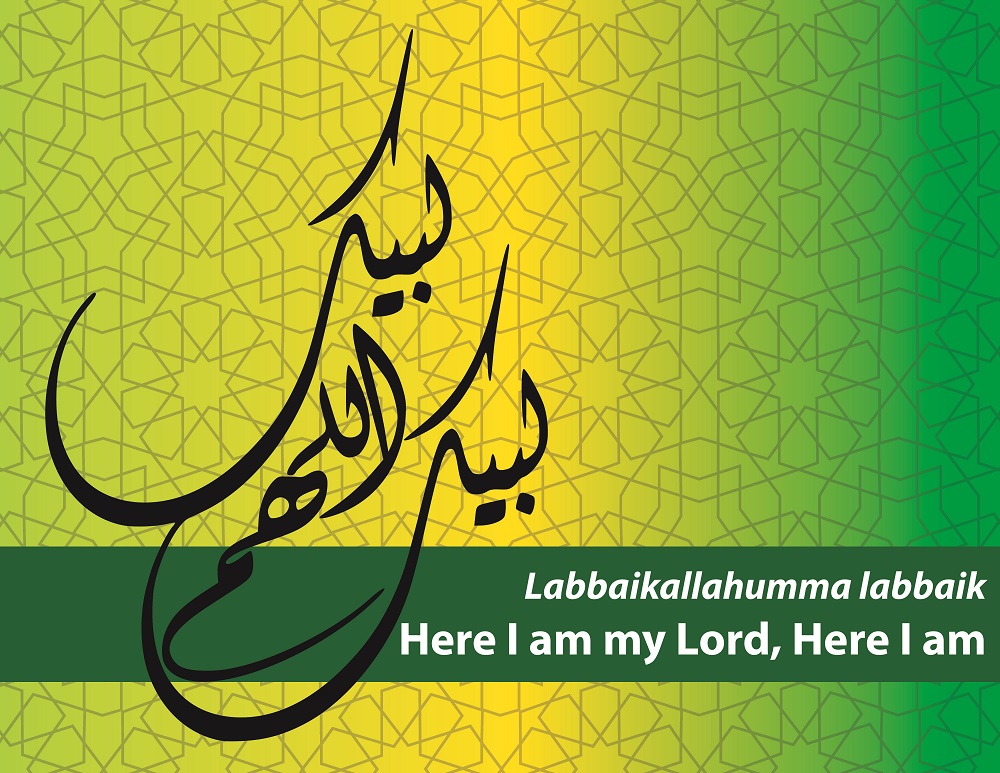There is immense importance of Talbiyah in Umrah as well as Hajj. The blessed journeys take the devotee to the holy land of Saudi Arabia to perform sacred rituals that purify the soul and bring them closer to God.
In the Islamic community, there are two kinds of pilgrimages that a Muslim can undertake. A physically and financially capable man has obligations to perform Hajj once in a lifetime. However, it has restrictions according to the lunar calendar that the community follows. Therefore, many pilgrims can plan an Umrah to the city of Makkah.
Umrah is not a compulsion, but millions undertake it every year. It has no restrictions in terms of visiting time.
All pilgrims start their Hajj or Umrah journey with a Talbiyah prayer. The country issues free visas for a two-week Umrah visit that ends before Eid al-Fitr. No visitor can extend the stay beyond the last day of Ramadan. Recently, the male guardian or the mahram system has also been revised in the country. It now allows women above 45 years of age to perform pilgrimage unaccompanied.
The Importance Of Talbiyah Prayer
The prayer of Talbiyah is one of the foremost recitations that a devotee chants before starting the pilgrimage of Hajj and Umrah. Whether one moves from a place or meets someone else, the recitation must be repeated continuously. Through this prayer, a pilgrim answers the invitation to the Umrah or Hajj sent by the almighty. However, there are specific rituals and means for reciting the prayer.
It is believed that Jibreel came to the Prophet and asked him to tell his followers and companions to raise their voices while reciting Talbiyah. Therefore, men must recite it in a loud voice. But the same does not apply to women. While reciting the prayer, a woman must ensure that the person beside her must be able to hear. However, if the man beside her is not her mahram (accompanying men), then she must recite the prayer in silence.
Devotees invoke the prayer in faith to start their pilgrimage in the glory of Allah. Once people wear their Ihram garments, the chant starts. The Talbiyah prayer is supposed to cleanse the mind of devotees. It helps them to sway away all the worldly concerns and devote all to God.
The two communities among Muslims (Shia & Sunni) follow the same text of Talbiyah. However, the slight difference between Shia and Sunni is that one of them ends the prayer with an extra Labbayk. The importance of Talbiyah is that it is a formal proclamation of the prayer, which asks forgiveness and seeks bounties from Allah.
The Six Parts Of The Talbiyah Prayer
1. Labbayka Allahumma labbayk
The first part of the prayer, Labbayka Allahumma labbayk, means that you are at the service of the Almighty, whom you respect and love dearly. Its repetition means that devotees are submitting themselves and will obey God. It is a response of Ibrahim to the invitation of Allah. The repetition of this part is meant to restore your faith.
2. Labbayka la shareeka laka labbayk
The second part, Labbayka la shareeka laka labbayk, means a devotee is seeking supreme partnership in God. There is no one above Allah and the pilgrim belongs to Him. He would not please anyone else, other than the almighty.
3. Innal-hamda
The third part, Innal-hamda asks the pilgrim to praise the almighty. He has 99 names for which he could be praised in different ways. The phrase also says that there are endless means to thank Allah for what He has given.
4. Wan-ni`mata
In the fourth part, Wan-ni`mata, it has been said that a devotee must start acknowledging His blessings and thank Him for the opportunity to perform the Umrah despite all deficiencies and sins. The pilgrims thank the almighty for giving them a healthy body, house, food, money, safe travel and a heart in which Allah resides. One must also thank Him for giving them a tongue to praise Him.
5. Laka wal-mulk
In the fifth part, Laka wal-mulk, the devotee surrenders everything to Him. The earth, country, power, sea, sky, creatures, humans, jinns and everything else in this world belong to Allah. He has supreme power over everything.
6. La shareeka lak
The sixth part, La shareeka lak, means that whatever the pilgrim has, all came from God. It directs to have hope from Him, fear of Him, love Him, ask Him and be impressed with Him.
The importance of Talbiyah is to leave all the worldly pleasures, ask forgiveness for sins and thank Him for all that one has. The virtues of the prayer state that a devotee does not chant it alone. The rocks, stones and clods recite it with the devotee. From one’s left to right, everything and everyone chants the texts of the prayer.
Talbiyah teaches you to surrender thoughts and use imagination to feel the plains, mountains, rivers and deserts while repeating the prayer. It teaches one to feel connected to the surroundings and develop a partnership with the creation around.
Suggested Read: Surah Yasin – The Heart Of The Quran
Importance of Talbiyah In Umrah And Hajj FAQs
Why do pilgrims recite the Talbiyah?
Talbiyah teaches devotees to surrender all thoughts and feel the beauty and serenity of plains, rivers, mountains and deserts while reciting the prayer. It helps one feel connected to the surroundings and enjoy a feeling of tranquillity.
What is the method of the recital?
Tabliyah consists of six parts and is required to be recited aloud, except in the case of women.
Why is Talbiyah important?
Talbiyah is believed to cleanse the mind of devotees by helping them put all the worldly concerns out of their minds and devote all their attention to Allah.
What is the meaning of Talbiyah?
Talbiyah is an important Muslim prayer, which is invoked by the pilgrims to convey conviction that they intend to perform Umrah only for the glory of God.
When should I read Talbiyah?
Talbiyah is one of the foremost Islamic prayers that a devotee must chant before beginning the pilgrimage of Umrah and Hajj.









